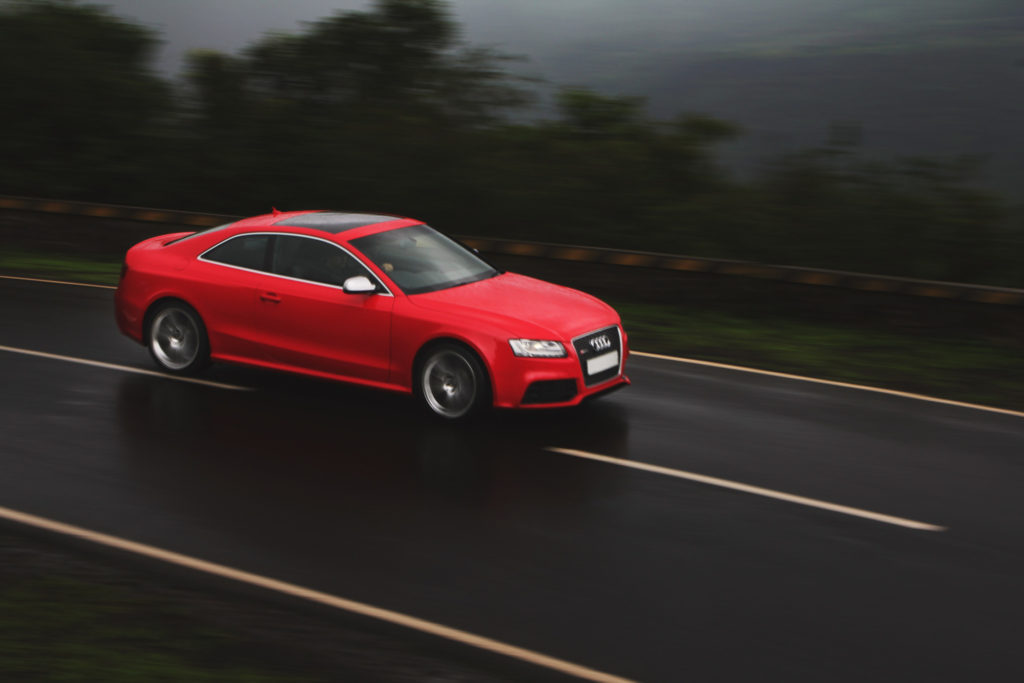Author: Taz (Thaddeus Treloar)
So, you’ve just bought a car and you are now faced with the seemingly daunting task of buying car insurance. At first glance wading through the myriad of options can make you want to dash home and comfort yourself in the warm embrace of dark chocolate and fine merlot.
But, with a bit of perspective, we can make the options seem all the more decidable.
The beastly basis of settlement
Of all the animals of the car insurance jungle, none is more baffling than the elusive ‘basis of settlement’.
While you may not be familiar with the term at first glance, you will have at some point run into at least one of its two common forms: ‘market value’ and ‘agreed value’.
I can already hear you sighing “oh, I know that trap,” with a sense of melancholy that can only be truly embodied through the image of eyes rolling…out of your head, through the door and all the way to the airport …before catching a flight to Costa Rica.
Now, now dear reader, there is a much easier way to handle this. Let’s start by taking a look what each method entails before examining the benefits of each.
Market value versus agreed value – know your car insurance jargon
Under a market value policy, in the event of a total loss and assessor will find the settlement figure by looking at the cost to replace the vehicle with one of a similar year, make, model and condition, under private sales in your local area.
You can find an approximate value in car sales by entering the above details into the advanced search function, exempting the highest and lowest examples to account for overpriced vehicles and lemons and averaging your resulting values. Do bear in mind though this will always be an approximation.
Agreed value is a different beast altogether. At the start of each policy period, you and your insurer will ‘agree’ on a settlement value which will hold true in the event of a total loss, until the end of the policy period. Always remember that these values will face deductions if you have outstanding excesses and premiums or are seeking to keep the salvage of your written off vehicle.
Now, onto the benefits of these two services.
Benefits of market value
While you may be intuitively inclined to pick agreed value every time, you must take into account the hidden extras of a market value policy. When settling vehicles for total loss some insurers may provide a bit extra to cover those sneaky stamp duty and transfer costs; do remember that it is important to ask your insurer BEFORE you claim, so that you know what you are getting into.
Another common extra on the market value basis of settlement can be found under ‘replacing your vehicle after a total loss.’ If your vehicle is less than 2-3 years old this additional benefit may come in handy as you could end up with a brand new vehicle! You won’t find that under agreed value.
This is why when buying your vehicle new, it can be more beneficial for you to take that market value settlement, but be careful; not all policies are born equal. Always check your PDS (or ask your advisor) and double check the benefits limits for odometer readings and age as well as the point your insurer takes the vehicle age from. For example, some insurers will say your vehicle is 1 year old from the first date of registration, others will says it is 1 year old from the compliance date!
Benefits of agreed value
You may now be saying to yourself “Well those benefits sounds great, why would anyone bother with agreed value then?” Agreed value can come in handy when you have a vehicle with a high rate of depreciation and being able to lock in an agreed value at the start of each renewal helps to protect you from those dropping prices throughout the policy term.
Another added advantage is with vehicles that have a relatively low market value. When the cost to replace these vehicles is dwindling to an ever lower value, one can quickly lose the point in insuring it comprehensively when; if a claim arises you will have already paid the settlement value through the excess and premiums. In this particular situation, having an agreed value will also provide a ‘buffer zone’ in which your poor vehicle may have a chance to be repaired before it is sent off to the wreckers.
Car insurance ‘introduction to settlementology’ badge earned!
Phew, I think we’re really starting to see the differences! Whilst these aren’t the only applicable situations where benefits may arise, you should have hopefully attained your ‘introduction to settlementology’ badge and will now be able to make a more informed decision when buying your next car insurance policy.
If you are not confident that you can figure out the correct policy to buy you can always consider going through a broker or authorised representative; these people have a wealth of experience and could save your skin one day.
Remember, having the right insurance is no accident!
This information may be regarded as general advice. That is, your personal objectives, needs or financial situations were not taken into account when preparing this information.
Accordingly, you should consider the appropriateness of any general advice we have given you, having regard to your own objectives, financial situation and needs before acting on it. Where the information relates to a particular financial product, you should obtain and consider the relevant product disclosure statement before making any decision to purchase that financial product.

